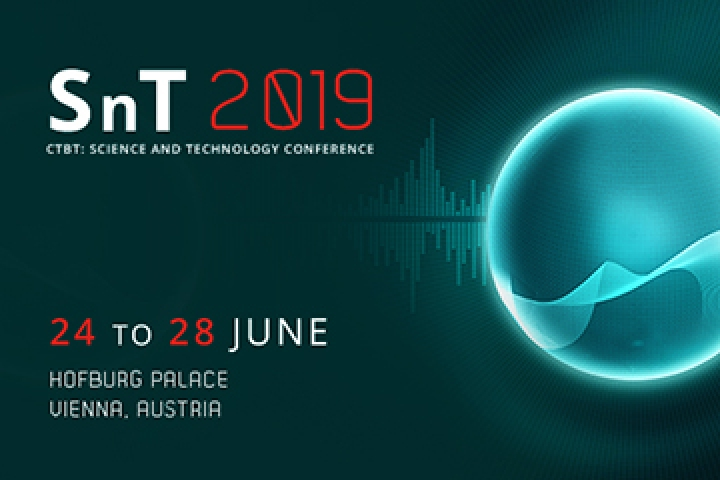Speaker
Description
One factor affecting Radionuclide Aerosol Sampler/Analyzer (RASA) detector minimum detectable concentration (MDC) is the level of background counts in the spectrum. Interactions between cosmic rays and high-purity germanium detectors result in increased detector background counts, which reduce detector sensitivity. Anti-coincidence systems eliminate counts which originate outside the detector shielding. By eliminating these counts, significant improvements in MDC could be achieved. To investigate the possible effects of cosmic veto on RASA performance, General Dynamics Mission Systems (GDMS) tested an off-the-shelf Canberra CosmicGuard system on a testbed RASA system in Chantilly, Virginia. After tuning the system, GDMS performed 72-hour blank filter measurements to measure the effect on detector sensitivity. Using a Canberra Lynx multi-channel analyzer, GDMS captured both gated and ungated spectra for direct observation of the effect of the cosmic veto. Using an unmodified RASA geometry, GDMS measured a 3% reduction in background counts, and a 2% reduction in MDC. Further improvement could be seen with a custom scintillator design to more fully surround the RASA detector, or testing at a location with a higher cosmic background.

